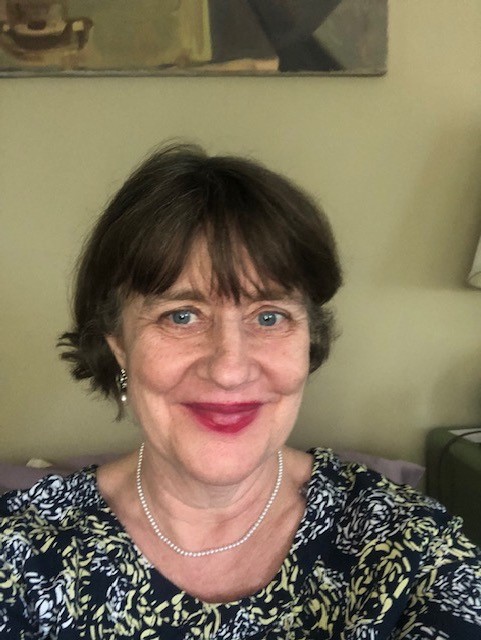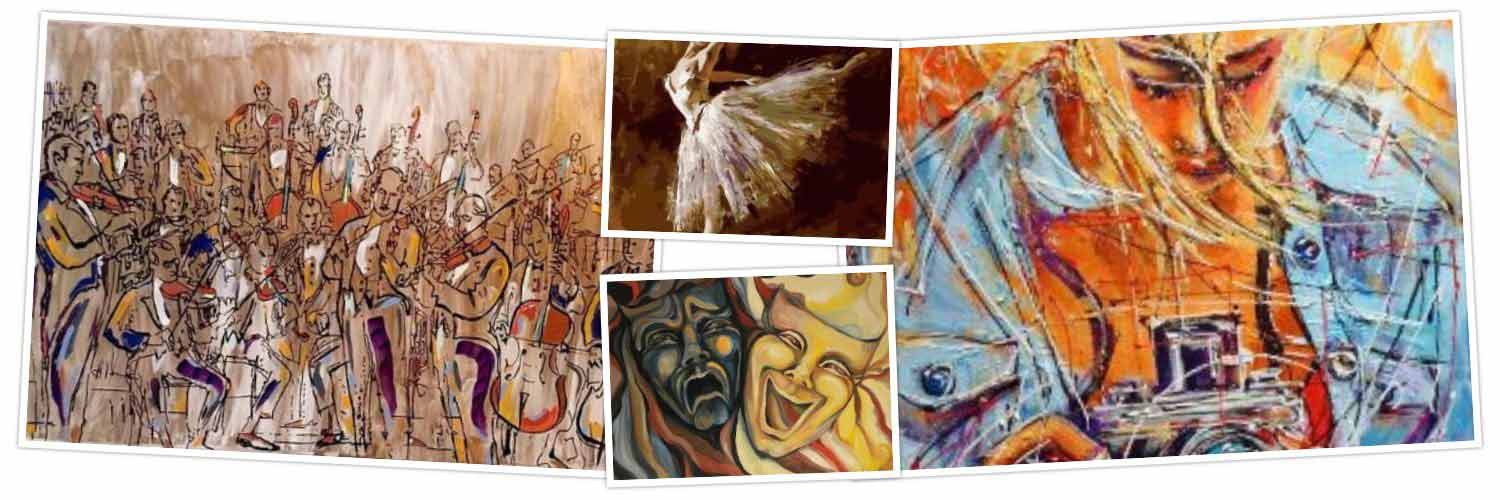Sheila Black – Poet, Development Director for AWP (Association of Writers and Writing Programs)
BY JASMINA WELLINGHOFF, Editor —
You left Gemini ink to go to Washington, D.C. to work for AWP. Tell us about your job.
As the development director I am supposed to get funding and develop strategic partnerships. Most of the income for AWP normally comes from the huge annual conference that features 550 events and 10,000 to 15,000 attendees. It was scheduled to be here in San Antonio this year. It looked like it was going to be one of our most successful ever. People were really excited to come to San Antonio because it’s such an arts city, and it’s close to the border and a lot of literary stuff is happening in this region. So, it was heartbreaking for me when we were hit by the pandemic just before the start. The board decided to go ahead anyway and my job became to keep it going. We lost about 60 percent of the attendees (who were planning to come). It was the beginning of March.

The conference was smaller and fewer super-stars were there, but the 5,000 who came have written me lovely letters about how great San Antonio was and what a good time they had. So back to my job, as I said, it involves getting sponsors for the conference, getting grants, finding partners, but also to contribute in various ways to the planning and programming.
And you have been here ever since (Where her family is.) Is it a temporary arrangement for the duration of the pandemic?
No. They are letting me work from here. So, now I am working on the next conference which will be our first virtual conference. I am learning about things that I never thought were possible in a virtual space. One of the trademarks of AWP is the socializing that takes place. It’s not just the programs. So, we are experimenting to find ways to preserve that aspect. This pandemic period has got people to be really inventive. The positive side of doing it virtually is that the conference becomes more accessible for everyone. (No travel and hotel costs)
Let’s talk about poetry. You are a successful, talented poet. But, as you know, poetry is not very popular in the U.S….
Interestingly, poetry reading has shot up during this crisis. An organization called the Poetry Coalition, which is like a support-type of organization, recently organized a digital one-poem festival on the theme of Black Lives Matter on Aug. 18. There are 25 member organizations in the coalition and everyone reported that the number of subscribers to poetry sites had doubled. Book sales are up to. People are actually reading more and they are reading more poetry. It makes sense to me. This has been a hard, traumatic time for so many, with uncertainty, suffering and doubt, poetry is a thing you can turn to. It delivers a message about life in a compressed, intense form.
What books had a strong impact on you as a young person?
I know what books completely rocked my world. When I was eight-years-old, I was sent to live with my grandmother who lived in Scotland. She only had three books in her house: The Bible, The Lives of the Saints, and Ana Karenina by Tolstoy. So, of course, I read Ana Karenina. And it became my favorite book. I still go back every few years and reread it. As a child I don’t think I understood 9/10 of what was going on but that book has such an influence on me! For a number of years after that, I read everything I could about Russia. I read the biography of Leo Tolstoy and I read Turgenev. I was enchanted by the landscape… As for poetry, I was like many teenage girls, taken by Sylvia Plath. Emily Dickinson was a huge influence as well, in fact, before Sylvia Plath. I also read a lot of Shakespeare because in my school they made us memorize speeches from the plays and his sonnets.
How did you start writing poetry?
I remember being in a crowded classroom and being told to write about winter, and I remember the feeling of the world sort of falling away when you concentrated on the words and you were in another space. That pure moment of concentration! I don’t always love what I write but I loved and still love the process of writing a poem.
Some years ago, I interviewed you when you were the executive director of Gemini Ink and you told me that as child and teen you mostly lived outside of the U.S. because your father was a diplomat. And you had to learn about America when you finally returned home to attend college. So, let me ask you this: What do you think are the best features of American life?
Right now, that’s a hard thing to answer. The America that I remember in the 70s and 80s was a place where people had more opportunity to recreate themselves. Europe, in many ways, had a more pleasant quality of life but I was aware that if you were not of a certain class, or did not pass certain exams right at age 18, you were much more limited in choosing your path in life. Here, you could pick yourself up and recreate yourself multiple times and not be questioned about it. That was the great side of democracy for me. And the other thing that’s great about America is its diversity. No other country in the world has so many different people living together in the same country. And that has always been to me the promise of America. The negative side of that is that there isn’t a coherent sense of culture that roots people. In other places in the world people have a deeper sense of their village, their city; they have deeper roots… The lack of roots is a freedom but it can also be a kind of impoverishment, of loneliness. Maybe we are starting to change that. But we have to reinvent it.
Do you think that the current pandemic will produce long-term changes?
Yes, I do. For many in our country, this period resembles what life is like for disabled people. (Black has a slight disability) And that’s a big change in consciousness, like feeling helpless, depending on other people, feeling that you are vulnerable. Those are things that Americans are not used to. The American ideal is: You are a pioneer, pull yourself by your bootstraps; you don’t need anybody. That idea is really not true. The pandemic has shown us how connected we are with others. And the pandemic has also brought busy, go-go Americans back to their families.
Who has influenced you the most, professionally or in any other way?
The long-term relationships that have been the most important to me are with my friends and my two sisters. My sisters are sort like my bedrock. We understand each other.
What’s the best advice you have ever gotten?
My father told me that when you are upset you should remember that your feelings will change. Just wait and have patience. It’s a simple piece of advice but it has served me well. There was something about how my father said it that stuck with me. And it has gotten me through difficult moments.
We all have regrets. What’s your significant regret?
That I didn’t end up getting a job in academia. I always thought I would sort of slide into it but I didn’t understand just how competitive that world was. I love to teach, so sometimes I regret that.
What’s your pet peeve?
Hypocrisy! Fundamental dishonesty.
If you were very rich, like Bill Gates, for instance, how would you spend your riches?
Well, I would like to travel more – that is the selfish side of me talking, but I think what I would actually do is support community literary arts centers, places like Gemini Ink, that encourage people to tell stories. I’ve spent my life working with writing, storytelling, communities, and I’ve been amazed to see the impact of being able to tell your story has on people’s lives. I think it is a force for social change in the deepest sense because how you tell the story of who you are or where you’ve been or how you imagine that story, can really change how you move forward.
Is there something – a message – that you would like to shout out from the rooftops?
I think I would like to shout the verses from Mary Oliver poem “The Summer Day” that ends with “Tell me what is it you plan to do with your one wild and precious life.” That’s what I would like to shout from the rooftops.

Wonderful as always, to hear from Sheila – thank you for an insightful interview.
Lyn Belisle
Absolutely wonderful, but that is our Sheila!
It’s so good to read Sheila’s wise/kind words.